Why Thinking Like a Scientist Could Unlock Your Practice’s Potential
The Lawyer’s Mindset Shift
In law, confidence is a core ingredient for success. You need it to stand your ground in court, advise clients with authority, and lead teams through complex matters. But when it comes to business development and practice growth, confidence can quietly become a trap.
Let’s explore one of the most overlooked obstacles to sustainable firm growth: the lawyer’s mindset. More specifically, overconfidence - something lawyers are often praised for – and how it can limit opportunity, stunt growth, and keep practices locked in a cycle of reactive, outdated thinking. There is a better alternative: thinking like a scientist.
The Overconfidence Cycle: Where Many Lawyers Get Stuck
For many lawyers, the journey to success begins with years of dedication, study, and practice. You earn your stripes. You develop expertise. You start to believe you know what works and what doesn’t. That belief becomes conviction.
But that’s where the trouble begins.
Conviction creates a closed loop of thinking - the Overconfidence Cycle. It’s a pattern of assumptions and biases that reinforce your current habits, even if they no longer serve your future.
Here’s how it plays out:
Pride in your skill leads to conviction that your current approach is the best one.
That conviction gives rise to confirmation bias - you only see examples that support your belief (like colleagues who succeed without doing business development).
Then desirability bias creeps in. You want to believe that growth happens naturally, without extra effort or change.
The result? You start to view business development as a distraction. You put all your energy into billable work, hoping the rest will take care of itself. But eventually, you hit a plateau. Your practice stops evolving. The future becomes a repeat of the present.
A Better Alternative: The Rethinking Cycle
Scientists approach the world differently. They don’t assume they’re right. They test, question, and revise. Their confidence doesn’t come from having all the answers - it comes from knowing how to find better ones.
That’s the mindset shift I encourage lawyers to make.
In the Rethinking Cycle, everything starts with humility. Not weakness, but a quiet recognition that no matter how experienced you are, there’s always more to learn.
From humility comes curiosity. You begin to ask new questions:
What if my assumptions about business development are wrong?
What if investing in this part of my practice could actually lead to better work and greater impact?
What if the persuasive skills I use in court won’t help me bring in new clients?
These questions lead to small experiments. You test new behaviours. You measure outcomes. You reflect. And as you start to see results, you’re drawn deeper into discovery mode. You keep learning, adjusting, and improving. You stop hoping for growth - and start building it.
It’s not about abandoning legal excellence. It’s about integrating it with strategic thinking.
As Adam Grant says in Think Again, “If knowledge is power, then knowing what we don’t know is wisdom.”
Why This Mindset Matters Now More Than Ever
The legal profession is changing. Clients expect more. Competition is increasing. Digital tools are levelling the playing field - and at the same time, creating new demands on lawyers to think and act like business owners.
Those who stick to the Overconfidence Cycle risk falling behind.
But those who adopt a scientific mindset - who rethink, test, and grow - can unlock entirely new levels of success. Not just in revenue, but in client relationships, career satisfaction, and impact.
Where might you be stuck in the Overconfidence Cycle?
What belief about your practice - or your role in growing it - needs rethinking?
What’s one small experiment you can run this week?
Growth isn’t about knowing all the answers. It’s about being open to better ones.
Want Help Shifting into the Rethinking Cycle?
If this resonated with you, here are a few next steps:
Take the Unlok Strategy Execution Quiz: https://www.surveymonkey.com/r/unlokquiz
Book a 30-Minute Discovery Call: https://zcal.co/i/TLG4fjb_
Sometimes, the most powerful strategy isn’t a new tool or technique - it’s a new way of thinking.
WOULD YOU LIKE TO DISCUSS THIS ARTICLE WITH ME?
